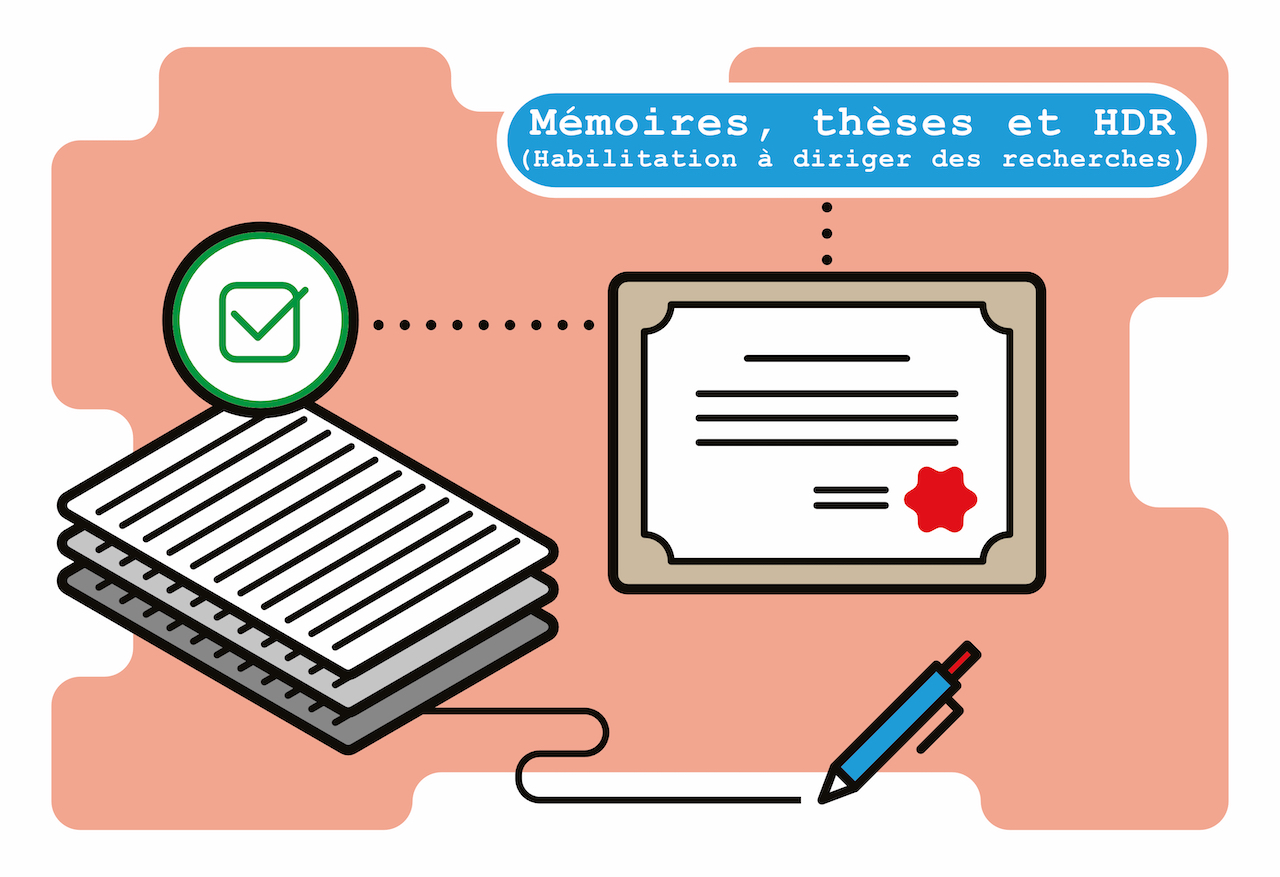La Corse des antimodernes. Une critique des Lumières et de la Révolution depuis la littérature française sur la Corse (XVIIIe – XXe siècle). The Corsica of the antimodernes. A criticism of the enlightment and the French Revolution from french litterature on Corsica (18th CENTURY - 20TH CENTURY).
Fiche du document
7 novembre 2024
- ISIDORE Id: 10670/1.afac05...
Restricted Access , http://purl.org/eprint/accessRights/RestrictedAccess
Mots-clés
Littérature française Culture et langues régionales Antimodernité Corse French literature Regional culture and languages Anti-modernity Corsica 809Sujets proches
Insurrections Revolutionary wars Revolts Rebellions Cultural sociology Culture--Social aspects Sociology of culture Appraisal of books Evaluation of literature Literary criticism Books--Appraisal Criticism--Technique Literature--Evaluation Modernity Modern civilization Customs Revoluciones políticas Ossature Analyse de structure Comportement des structures Moderne Modernisme (philosophie) Antimodernisme Antimodernité Modernité (philosophie) Kulturkritik Révolutions politiques Révolution Mouvements révolutionnaires Soulèvements Insurrections Rébellions Guerres révolutionnaires Usages Traditions Coutumes Vie sociale Vie quotidienne Us et coutumes Vie culturelleCiter ce document
Kevin Petroni, « La Corse des antimodernes. Une critique des Lumières et de la Révolution depuis la littérature française sur la Corse (XVIIIe – XXe siècle). », Theses.fr, ID : 10670/1.afac05...
Métriques
Partage / Export
Résumé
Comment la Corse s’est imposée dans la littérature française comme le lieu propice à une critique des Lumières et de la Révolution ? Tandis que la Révolution française consacre l’État comme la structure par laquelle l’individu parvient à s’arracher des tutelles religieuse, politique et familiale, les adversaires de cet idéal trouvent en Corse à la fois un abri contre la modernité et le repère du monde nouveau incarné par un homme, Napoléon, qui a insufflé au monde « le mal insulaire de l’âme », soit l’esprit d’émancipation.Nous avons souhaité structurer cette idée en trois moments :1. Le moment révolutionnaire. Des Lumières corses à la Révolution française, il s’agissait d’analyser la façon dont les Corses voient leur révolution être progressivement reléguée en modèle contre-révolutionnaire.2. Le moment conservateur. Incapables de mettre un terme à la société post révolutionnaire, les auteurs conservateurs considèrent la modernité comme un moyen de corriger les coutumes funestes des Corses, la vendetta, tout en témoignant de leur inquiétude à l’idée de voir la langue, la culture et la société rurale disparaître en raison de la francisation.3. Le moment réactionnaire. Depuis la littérature contre-révolutionnaire jusqu’à la littérature de la Collaboration, il s’agit de questionner la façon dont les écrivains réactionnaires ont changé la représentation de l’île. D’abord considérée comme le domaine de l’anarchie qui a su imposer à la France sa sauvage tyrannie, la Corse s’impose comme le repère d’un peuple dont les traditions et les mœurs s’opposent au républicanisme.
